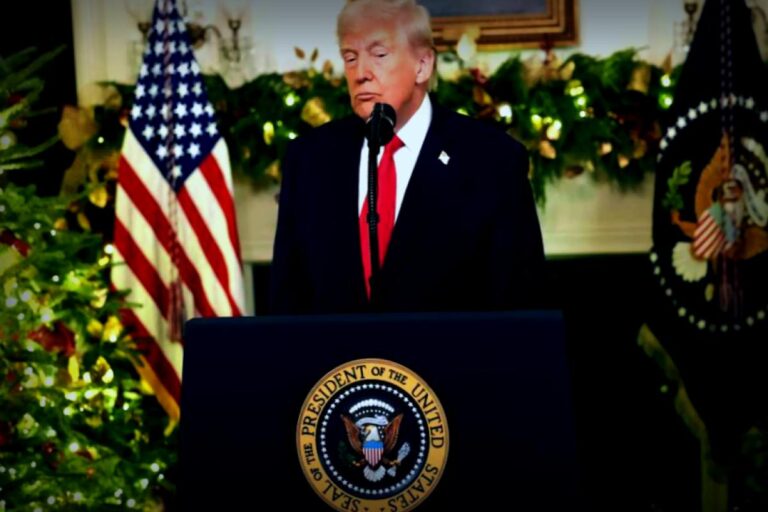Huntington Faces Challenges
Huntington, Indiana, is feeling the squeeze as new changes from Senate Bill 1 ripple through municipalities across the state. This update to property tax laws provides a promise of immediate relief on property tax rates, but many experts and local officials, including Mayor Richard Strick, believe the long-term outcome is uncertain.
The Impact of Senate Bill 1
The main gist of the bill is to overhaul how property taxes work, leading to cuts in property taxes. However, there’s a catch: towns are expected to offset these property tax losses with increased income taxes in the future.
While Fort Wayne is anticipating to need about $8.8 million to cover any losses, smaller towns are bracing for their own financial adjustments. Strick believes the changes will create challenges without genuinely benefiting local residents.
What It Means for Residents
To summarize, property taxes may see temporary relief, but the potential for increased income taxes can lead to a pushback against any perceived benefits. Strick points out that housing assessment increases actually mean that residents could end up paying more despite any drops in property taxes:
“In 2026, the city might trim its tax rate slightly, but truthfully, that won’t make a significant difference to residents’ tax bills. Current assessments are up once more due to revisions from the Department of Local Government Finance, meaning higher values could lead to higher taxes under the existing caps,” says Strick.
This zero-sum situation is something Strick is keen to avoid, yet he is restricted by the limits set by state law. He suspects taxpayers won’t embrace such a sleight-of-hand approach to tax collection.
Strick’s take: “Where I’m from, saving a bit of money here doesn’t feel like winning if I’m just taking from another pocket. In the end, there’s going to be pushback against such budgetary maneuvers—taxpayers aren’t deceived easily, and they know how to decipher the agendas.”
Lobbying for Change
In efforts to minimize the fallout from this legislation, Strick is actively lobbying state representatives. He stresses the necessity for local leaders to convey how these law changes would directly impact local services:
“It’s crucial we communicate with our legislature to educate them on the real-world implications of what’s promised versus what’s delivered. The notion of property tax relief is burdened with underlying costs that the citizens will pay in due time.”
This year, Huntington’s immediate outlook is more manageable. According to Strick, the city plans to absorb the dampened revenues internally, which is a result of coordinated efforts across previous administrations.
“I appreciate the collaboration with our city council and county authorities—when we unite, we achieve so much more,” he adds.
Continuity of Services
Despite tightening budgets seen elsewhere, Strick assures that essential public services will not be compromised in Huntington. Fire safety, park maintenance, and road care will proceed with minimal disruption.
Future Project Timelines at Risk
What could suffer, however, is the schedule for upcoming city projects. Strick mentions that budget cuts may delay desired developments:
“As resources shrink, so will the pace at which we execute projects. Some initiatives the community looks forward to may face holdups or even miss out entirely,” shares Strick.
Copyright 2025 Nexstar Media, Inc. All rights reserved. This content cannot be circulated without permission.
For fresh updates on news, weather, sports, and video content, check out WANE 15.



















